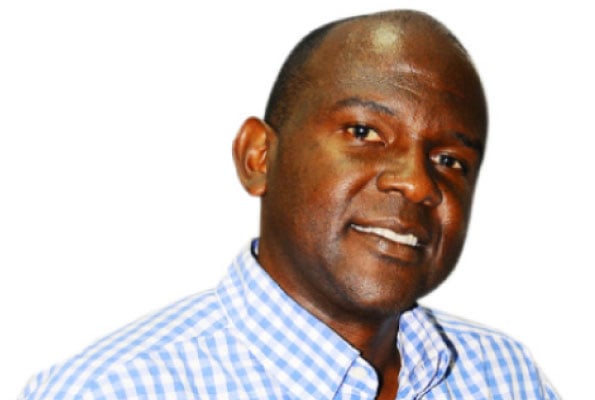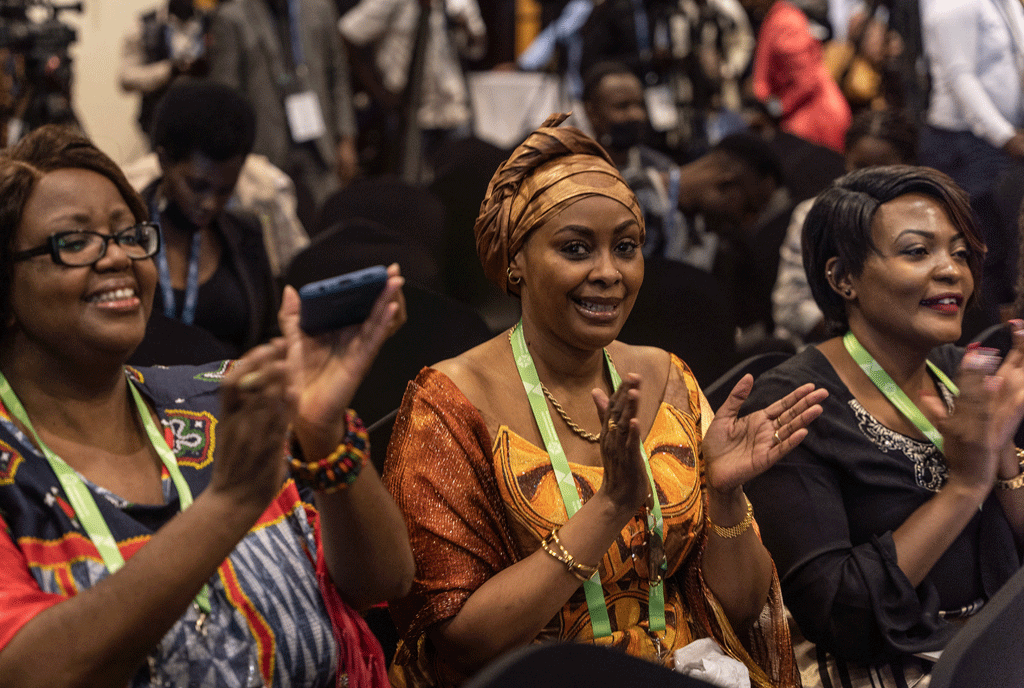Prime
‘Africans leaders are happy slaves in Chogm’

Author: Nicholas Sengoba. PHOTO/FILE/COURTESY
What you need to know:
- You can’t call a man evil then run back into his arms and expect people to take you seriously.
Once again the Commonwealth Heads of Government Meeting (Chogm) is taking place on African soil in Kigali, Rwanda.
Chogm is mostly an association of countries that were formerly part of the British Empire.
Plainly speaking, they found themselves in this empire by forceful colonisation or enslavement or manipulation by the British. You wouldn’t lose a debate if you said Chogm is a meeting where former slaves of the British voluntarily gather to meet their slave master and take pride in it as they speak accented English.
The British are aware of this ignominious history and are very careful when defining what the Commonwealth is all about. Britannia.com puts it thus, “Commonwealth, also called Commonwealth of Nations, formerly, (1931-49) British Commonwealth of Nations, a free association of sovereign states comprising the United Kingdom and a number of its former dependencies who have chosen to maintain ties of friendship and practical cooperation and who acknowledge the British monarch as symbolic head of their association.”
They don’t mention colonies but ingeniously say ‘dependencies.’ This follows in the footsteps of the way the British put their imperial expansion to being ostensibly motivated by the urge to civilise, Christianise and as a ‘by-the-way’, teach people how to trade in an enlightened manner.
In many countries the ‘settlers’ - what today are called land grabbers - in the Kenyan Highlands, in Zimbabwe and South Africa, took over the fertile lands and drove the natives out to the fringes. They had laws to protect their illegalities.
The colonialists mined and took a lot of natural resources for a song. They created forward and backward linkages in which the colonies provided the cheap primary products and raw materials like coffee and cotton for value addition in Britain. They would sell them back in an unequal exchange as expensive finished goods. Walter Rodney’s 1972 book titled How Europe Underdeveloped Africa does justice to this subject.
The British divided nations in order to awaken them so as to rule easily. They fought and murdered natives, rusticated, and exiled leaders of the territories they annexed in case they did not agree with the British policies. Dedan Kimathi, Omukama Kabalega, Kabaka Mwanga, and Edward Muteesa are examples.
In many cases the British only left screaming and kicking, after bloody fights put up by the colonised. In Kenya and Zimbabwe the body count and the torrents of blood on the hands of the British is a depiction of how wicked and profoundly immoral colonialism was.
When the wave of independence blew across the continent from the 1950s there was consensus that the colonists had been up to no good but exploitation.
Self rule would ameliorate all that. Many leaders like Apollo Milton Obote, Kwame Nkurumah etc., articulated these issues very well. Fighting against colonialism was raison d’être for ascending to power.
Ironically, after independence they stayed put in the British Commonwealth association. In fact Obote was overthrown in 1971 as he attended Chogm in Singapore. That coup was heavily backed by the British who were displeased with, among others, Obote’s antiimperialist stance with regard to apartheid in South Africa. So why do African countries outdo themselves to remain in the Commonwealth association whose basis is obviously sinister?
Look at the case of the host of this year’s Chogm. Rwanda was not colonised by the British but the Belgians. For years it was a proud associate of the nearly 30 Francophone countries in Africa. When the French were accused of being complicit with the Juvenal Habyarimana government of the majority ethnic Hutus, for the genocide against the minority Tutsis, Rwanda for all intents and purposes broke ties. They did not stand alone as an independent state but felt it smarter to associate with the British Commonwealth.
It is like the village belle who leaves one bully and falls into the arms of another to make the former jealous but also to still get the privileges and protection of being ensconced with the powerful. These intriguing contradictions served out by African leaders is on the face of it a sign of shallowness and incorrect thinking.
Chinua Achebe, the Nigerian writer, once said: “This is how I see the chaos in Africa today and the absence of logic in what we’re doing. Africa’s postcolonial disposition is the result of a people who have lost the habit of ruling themselves, forgotten their traditional way of thinking, embracing and engaging the world without sufficient preparation. We have also had difficulty running the systems foisted upon us at the dawn of independence by our colonial masters. We are like the man in the Igbo proverb who does not know where the rain began to beat him and so cannot say where he dried his body”.
You can’t call a man evil then run back into his arms and expect people to take you seriously. Looked at deeply, African countries are caught between a rock and a hard place. They are suffering from Stockholm syndrome. They have developed a copying mechanism to the captivity and abuse meted on them by the former colonial powers. They have developed positive feelings towards them.
On the pragmatic side, you have to acknowledge the fact that colonialism was successful. Africa is for all intents and purposes still dependent on and being ruled by the former colonial powers.
You have to comply with the owners of the rich markets, the superior technology, controllers of the international monetary system, kingpins in the business of propaganda and mind control with their vast media outlets.
Most importantly they have the aid and investment muscle that keeps economies going. Most of our economies are sustained by economic aid and foreign direct investments provided by them.
They have the capacity to suffocate a country by excluding it from markets for its products and isolating it using sanctions and blackmail to whoever deals with them. Zimbabwe under Robert Mugabe tried it through land redistribution to Black Zimbabweans. More than a decade later the economy is still on the ground under the weight of sanctions.
Above all they have advanced military might which means they may resort to in case economic sanctions and travel bans don’t do the trick. African leaders know it is suicidal if they keep out of favour with the countries in the northern hemisphere, a.k.a the West. So next time your president submits eloquently about independence, self-sustenance, Pan Africanism and colonialism then boards a plane to attend Chogm, just understand that those who respect the one who butters the bread, even when they despise them, tend to live longer.
Mr Sengoba is a commentator on political and social issues
Twitter: @nsengoba



